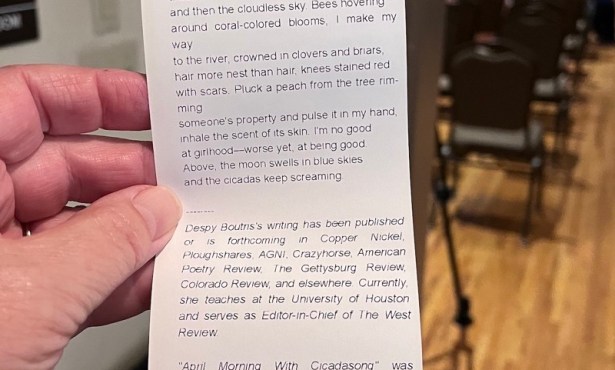Hancock
Will Smith, Charlize Theron, and Jason Bateman star in a film written by Vincent Ngo and Vince Gilligan and directed by Peter Berg.

It’s a classic of the genre: a great idea spoiled by Hollywood. Despite some memorably funny quips and abrupt violent moments, Hancock is really just a long fumble that continuously disappoints. Throughout the movie, though, you do get glimpses of its potential-unfortunately, it’s sandwiched between the film’s dumb scripting. Hancock is filled with odd motifs that seem meaningful (spaghetti, eagles, severed limbs), but instead of making sense they just peter out, much like the unnecessarily fancy tracking shot that makes a big deal of following the family dog into an empty kitchen. Nothing is cooking in here anymore.
There’s no doubt that in Hollywood meetings this movie’s very idea was seen as genre bending; a disrespectful take on the Man of Steel archetype. But superhero comic books have commingled reality with power fantasies well before experiments like Frank Miller’s Dark Knight. Yanking on the cape goes all the way back to 1956, when Stan Lee and Jack Kirby granted their characters both extraordinary abilities and mundane predicaments, like workplace drama and girlfriend problems. There’s little more here except a pseudo-fantasy back story.
Hancock opens with a flying urban super-dude (Will Smith) who likes to drink whisky and cop attitude, and, as it turns out, has no clue as to own his super origins. So he’s pissy and invulnerable, busting up bad guys and public property indiscriminately, all the while smelling like Mel’s on a Fiesta Friday night. One such slouchy rescue puts him in touch with Ray Embrey (Jason Bateman), a publicly minded PR man, which may be the most unlikely combination of attributes in the film. More importantly, Hancock meets Ray’s wife, played with a sultry veneer by Charlize Theron. Then the story gets weird.
Most of the fun happens when Hancock misbehaves. So we’re confused by any attempts at character salvation. Since it’s not really a convincing deconstruction of a superhero story, Hancock becomes passionately empty with hints of grandeur, which just reinforces the obvious need for fearless creativity in movies. My only hope is that someday the phrase “to Hancock a script” will help to remind Hollywood writers of what exactly an audience demands.



